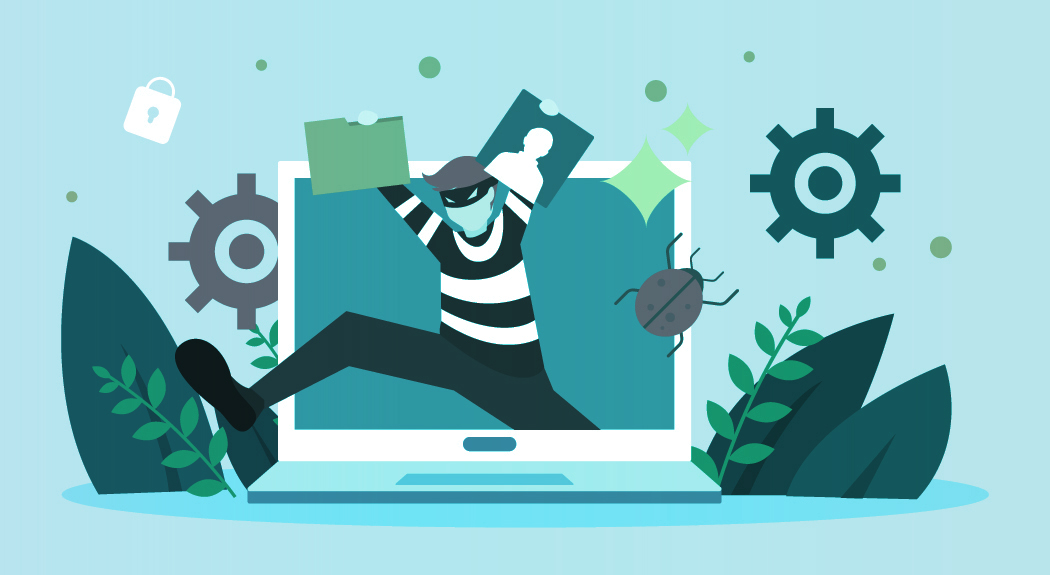I want to be aware of how and with whom I share my personally identifiable information.
Preventing Identity Theft

To avoid becoming a victim of ID theft, the first and foremost thing to consider is to categorize the information which defines you, i.e. electronically or physically (paper). You should evaluate which Information is critical to you and what measures you need to implement to control this information from falling into wrong hands.
The most common source or spread of information is done through bank statements, ATM receipts, medical records, pieces of paper you throw away, etc. The combination of all this information can be used against you. As the old adage goes,‘prevention is better than cure’; similarly for every one irrespective of what he/she is with regard to status, designation, rich or poor.
The truth is if you don’t give proper attention to your information you are at risk of becoming a victim of identity theft. In both aspects (online and offline) being mindful of your information is the best thing to avoid unnecessary complications.
Another source of such crime to take place is you. There is a saying which goes, “he who holds his tongue is wise”. This is true; sometimes we speak a great deal and share information unknowingly. An ID thief uses this opportunity to collect as much information as possible. Don’t get lured when people offer a gift for providing your personal information. Bits and pieces of your information can be used as bait to access your finances.
In the real world:
- Identity theft (ID card): The criminal steals your identity and uses your name for gains in his or her own interest.
- Driver’s license theft: Someone steals your driver's license and charges you with all the offenses they commit.
- Medical record theft: Insurance companies refuse people whose lifestyles are highly dangerous and where they do not want to be tested for serious illnesses, some of whom may steal your personal medical information and use it as their personal information.
In the virtual world:
- Bank Card information: Where the thief can use your account to buy and transfer money. In other words, He steals your money.
- Stealing your online account: Where a thief impersonates you to ask your friends and acquaintances for money by claiming that you are in an emergency situation and need an amount instantly.
- Stealing your email: Where a thief can access your personal information and/or information about others who you have access to, such as friends, acquaintances or even co-workers, enabling him to reoffend with them as well.
- Digital blackmail: Where a thief claims he had accessed your personal and private data, so either you pay him to keep it hidden or he will start publishing them.
- Digital defamation: Where a thief may also impersonate you electronically and then start publishing improper content that tarnishes your reputation in the digital world.
- Shred sensitive documents before disposing of them
- Never leave important documents unattended and don’t store or keep in unsafe places
- Search on the Internet via Google Search and other search engines by typing your name and check if your identity is available, if so, request the web administrator to remove your information.
- Notify your bank if your address, email or phone number is changed.
- Change your PINs and passwords regularly.
- Install and update a powerful antivirus software regularly.
- Use strong passwords, and don't use the same password for all your accounts.
- Check how much information you already have on the Internet.
- Don't post personal and private information on social media.
- Be careful about who you accept as online friends, only accept those you really know.
@2x.png)

















